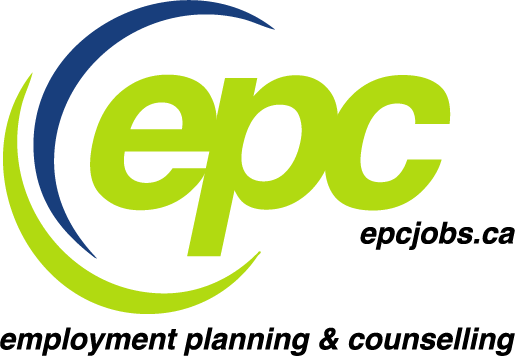Regardless of how much you may love your job, sometimes when the alarm goes off, the thought of getting out of bed can be daunting. This can be is normal response occasionally, but if it begins to become common place you may want to incorporate some strategies to help you ‘get it together’ in the morning:








